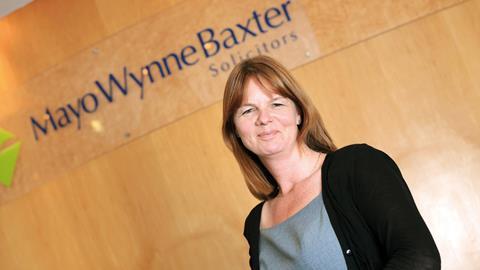Who? Helen Bell, property litigation solicitor and board chair at Mayo Wynne Baxter, Brighton.
Why is she in the news? Won a breakthrough case enabling a group of holiday home leaseholders to apply to purchase the freehold of their properties by proving that the properties could be defined as ‘houses’ under law.
Thoughts on the case: ‘This was the first time a court had addressed this issue. The freeholder argued that, under the Leasehold Reform Act 1967, the properties were not “houses” because they were designed as holiday homes and therefore not “designed for living in”. The freeholder also argued that the houses fell outside the LRA 1967 because of restrictions on the properties’ use. There was a prohibition on occupying the properties between January and February and the leaseholders had to occupy as a “private holiday residence”. But tenants do not have to permanently reside in a property to enfranchise, and this was an important factor in the ruling. While not all holiday homes would qualify as houses under the LRA 1967, this case is significant because there was no previous court decision to guide us. Enfranchisement is normally straightforward, so it was a particularly interesting case for me.’
Dealing with the media: ‘The story received attention in the regional, legal and property press. It was also picked up by the Practical Law publishing company, who send us daily updates. I’m really glad the story is out there, as it was an unusual situation and the result could impact future cases. However, it is important to emphasise that not all holiday homes will meet the criteria in the LRA 1967 to be classed as houses and therefore qualify for enfranchisement.’
Why become a lawyer? ‘I always put it down to having a strong sense of what is right and wrong. As trite as it may sound, it is about helping people access justice, which gives me a great sense of satisfaction.’
Career high: ‘I represented clients claiming significant sums for dilapidations in a commercial building. After three years of strong opposition, the opponent capitulated fully on the fourth day of trial. Additionally, becoming the first woman to act as chair on the Mayo Wynne Baxter board.’
Career low: ‘Having to turn people away because they cannot afford the litigation costs, despite having a good claim. We must be profitable to survive as a business and to advise the thousands of people and businesses that we do, but access to justice has diminished over my 30 years in litigation.’
































1 Reader's comment